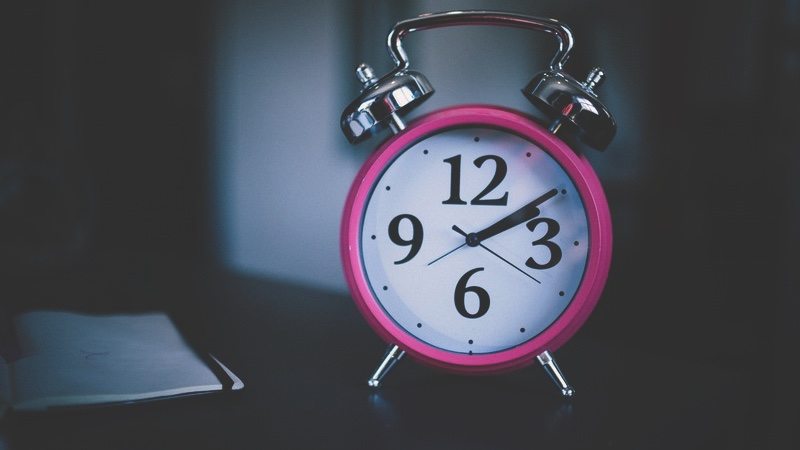The Worst Alarm Clock
Episode #7 of the course How to get up and conquer the morning by Matt Sandrini
Most people hate their alarm clock. It interrupts your sleep just to make you feel disoriented and startled. Not the best start to the day.
What if you could turn the alarm clock from your worst enemy into your best friend?
As we saw in yesterday’s lesson, there’s a lot more to sleep than just being unconscious. That same quality element plays a role in how you feel when you wake up. So let’s have a look at a few great practices and tools to wake up the right way.
The first simple rule is: don’t use your phone as your alarm clock. If you do, the first thing you do in your day is pick up the biggest source of distractions and likely check social media, email, you name it. Don’t do that. Use a dedicated alarm clock and charge your phone away from your bed. This also means less procrastination before bed.
Now, if you decide to use a traditional alarm clock, make sure you position it out of arm’s reach. In the morning, you’ll have to get up to turn it off.
Your alarm can do more than just ring in the morning to force you up. From apps to sleep devices, you can easily track your nights to learn more about what affects your sleep and get woken up in the right phase. Have you ever woken up in the morning or after a nap feeling more tired than before you went to bed? You probably woke up in the middle of deep sleep and interrupted your sleep cycle. Having an alarm clock that tracks your phases allows you not only to spot patterns, but also to wake up when you’re in light sleep and feel like you woke up naturally.
To track your sleep, you have a variety of options. The easiest and cheapest way is to download an app that uses the sensors in your smartphone to analyze your sleep. Most apps wake you up with gradual ambient sound to avoid the “ice water bucket” effect. But you might have noticed one thing: this option breaks rule number one, don’t keep your phone close to where you sleep.
I suggest using a dedicated object. Many fitness bands track your sleep, and a few vibrate in the morning to gently wake you up at the right time. If you really feel fancy, you can get sleep sensors that sit under your mattress and record your movement and heart rate and wake you up in the morning using a combination of light and sounds.
Don’t let this become an obstacle for your mornings, though; whatever alarm clock you have, the most important thing is to actually use it.
Tomorrow, we will talk about positive triggers and how to save up your motivation for the next day.
– Matt
Additional resource
What tiny habits could be life-changing?
Recommended book
Share with friends

